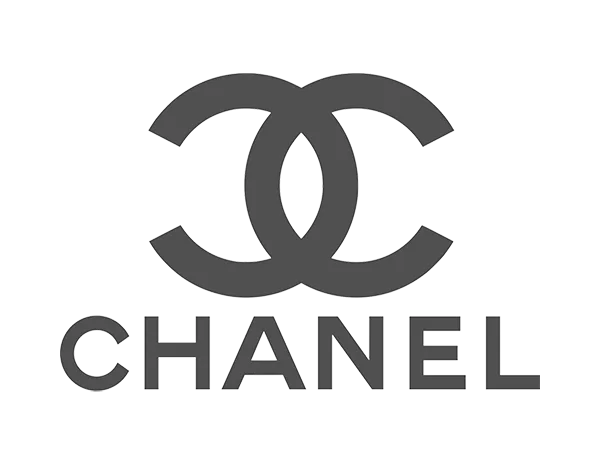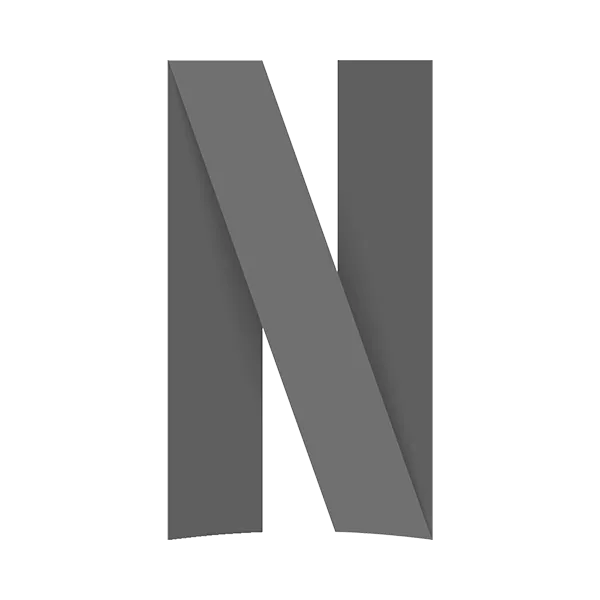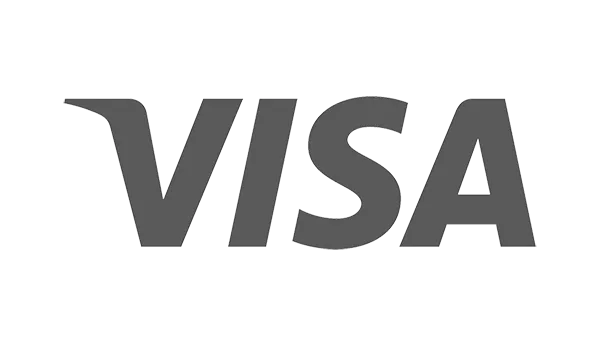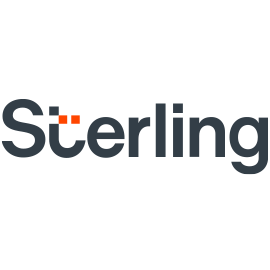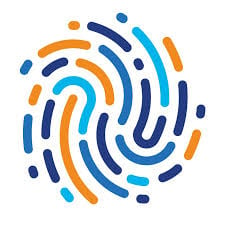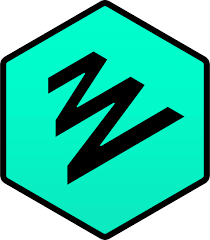The business world is evolving faster than ever before an human resources departments are no exception. Organizations aren't merely changing how they do business — they're transforming their entire industry in the process.
For instance, Peloton doesn't just sell fitness equipment; they connect over 5.9 million fitness enthusiasts from across the globe on a single digital health platform. Tesla isn't just an electric car company; it is a transporation company that promises to deliver the next evolution of individual mobility.
With businesses looking for new, productive, and effective ways to meet the evolving demands of the average consumer, digital technology continues to take center stage. From ordering groceries to regulating the temperature in our homes, its presence is seen, felt and heard (Thank you, Alexa).
Now, think about it. What if digital technology had the ability to transform the HR industry in the same manner? Can it really change our work world? Food for thought, huh?

HR Evolution or HR Revolution?
If we take a step back and look at the evolution of HR teams over the last decade or so, the focus on automation has yielded some good results. In fact, a couple of years ago, when Capgemini standardized a range of HR procedures and automated routing and triage of requests, they saw a significant reduction of manual work — over 600 hours a month! Unfortunately, most organizations didn't venture beyond the simple automation of a few processes.
However, today, we're in a different scenario. Digitalizing HR will change practically everything about the way we work and the employee experience at large — career structures, employee expectations, employee engagement, and more. Using HR technology will allow businesses to create an all-in approach beyond just automation, with improved agility, effective use of intelligent services, and leveraging an inclusive and diverse workforce.
How can HR Professionals get started?
The quote “change is the only constant” is truer today than ever before. Organizations that embrace change and adapt quickly grow, while the rest are simply left behind. So, here are three steps to help you and your organization develop a digital transformation process:
- Create a digital-first HR strategy: Think revolutionary leap, not an incremental step. With cloud solutions, mobile-first applications, and new technology overtaking spreadsheets, manual processes, and desktop computers, HR is being redefined. The way something like an onboarding procedure is designed, accessed, delivered, and operated on different platforms is just an example. Everything from the hiring process to performance management and retention initiatives can be streamlined.
- Embrace incremental change management: While this may sound contrary to the first point, it's essential to iterate towards an acceptable launch rather than waiting for the perfect rollout plan. In this fast-moving business world, you have to be just as quick with HR processes.
Don't wait for digital HR projects to be created at the top of the organization and eventually rolled out to employees. Instead, build projects along the way with constant input from each stakeholder and move quickly through the stages. - Focus on functionality: Digital HR solutions like talent management software, analytics dashboards, and social media-like intranets are only useful if employees adopt them.
Start by thinking about what your employees really need, the kind of user experience you wish to deliver, and what kind of work environment you see them thriving on. Incorporating design and functionality thinking throughout the process will help your business maximize the impact of new digital HR technologies. - Think About Data: Saving up to thousands of hours per workflow (which translates to dollars saved) is nice, but a big part of the beauty of digitalizing the HR function are metrics. When picking a software platform, make sure it’s a decision-making enabler. If every interaction with the HR department is recorded, business leaders can access this information and derive insights from it.
Of course, the best tools not just present you with raw data, but use artificial intelligence and automation to present actionable insights. That’s key for true human capital management and a good selling point for a digital transformation strategy.
Companies that have embraced HR Tech have found measured success and are more likely to continue reporting a strong financial performance. The next wave of technology will drive more productivity and efficiency than ever before — a trend that is too significant for HR leaders to ignore.











